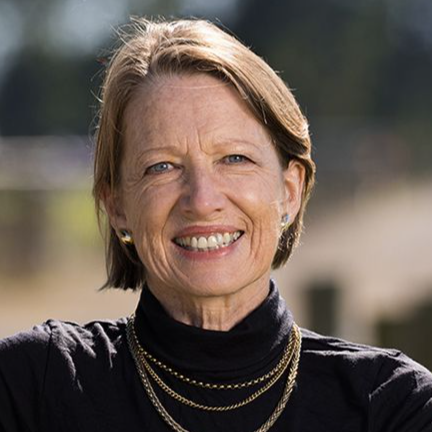Rural professionals attending the National Fieldays at Mystery Creek at the end of November (and beginning of December) told Minister of Agriculture Damien O’Connor that they felt overwhelmed by the number of farmers that were coming to them feeling overwhelmed.
The positive to dispel the gloom is that their work over the past few years, including through Covid, has meant that the New Zealand economy has not tanked.
In particular, the primary sector has increased its contribution.
In the update to the Situation and Outlook for the Primary Industries released at the National Fieldays, Director-General Ray Smith said that the current projection for food and fibre export revenue is a record $55.0 billion in the year to 30 June 2023.
This is an increase of 4 per cent from the previous year, and though some of the increase reflects the exchange rate, the DG was clear that “this overall level of performance is a true demonstration of the sector’s resilience and its commitment towards providing food and fibre products to millions of people around the world, including those at home”.
The negatives to be eliminated are the words from the primary sector detractors – the people that continue to add unnecessary stress to society in general about climate change, the environment and agriculture’s impact.
Ipsos research reported that the number one concern in mid-September this year was inflation and the cost of living (58 per cent of people). Climate change was sixth (21 per cent) and environmental pollution and water concerns were ninth (11 per cent).
Inflation, interest rates and food costs have a daily effect on people’s lifestyles, so it is natural that the cost of living, which has escalated since the start of Covid, is ranked highly.
Since 2019 (Q3), the Consumer Price Index has increased by 14 per cent (Reserve Bank Inflation Calculator).
Wages have increased (17 per cent) more than food (15 per cent) but not as much as transport (22 per cent) or housing (43 per cent). The squeeze has been real (but not caused by food).
Another negative to be eliminated is the overuse of the word “resilience”.
The resilience of the sector has been mentioned in every report and speech made over the past few years, and though it is true, farmers are resilient, resilience is not infinite.
Elastic bands work until they are stretched taut, and then they break. The number of farms for sale indicates the breaking point is near.
Latching onto the affirmative is easy given the Research First results published in the Herald this month.
Seventy per cent of New Zealanders surveyed think that a farming-based economy is good for the future of New Zealand. Only 8 per cent were negative (and 22 per cent were neutral).
This news is important for the primary sector in gloom.
It shows that the people surveyed do understand the importance of farmers and growers, and probably do understand the importance of their contribution to the economy.
Another affirmative is in the survey by Research First focused on greenhouse gas emissions.
It found that people were more supportive of industry going into an emissions tax at the individual business level (55 per cent) than farmers and growers (26 per cent) or private individuals (21 per cent).
Listen to Jamie Mackay interview Dr Jacqueline Rowarth on The Country below:
New Zealanders are putting farmers and growers in the same category as themselves.
For the primary sector, these results bring hope as they face the current uncertainty of the next step in emissions taxing.
Prime Minister Jacinda Ardern has repeated that “just transition” is the goal, but the Climate Change Commission will have a major influence on price setting and a recent reshuffle in membership has significantly reduced its agricultural understanding.
The reduction is surprising given the muddles with winter grazing regulations and, indeed, the Government’s response to the He Waka Eke Noa proposal from the primary sector.
In both cases, ministry employees involved did not understand enough about the complexities in agriculture to be able to establish workable settings.
Very few people employed in Wellington have agricultural degrees, which means input from practising experts is vital.
Hence the suggestion from He Waka Eke Noa that primary sector specialists are also consulted.
For many, 2022 has not been a great year, but with the positives from the economy and New Zealanders supporting agriculture, in conjunction with the affirmatives from government leaders, the primary sector can take heart for 2023.
People need food. New Zealanders need agriculture. The government knows the facts.
Johnny Mercer’s song urged us to spread joy up to the maximum ... seems like a good message for the season and for the year ahead.
- Dr Jacqueline Rowarth, Adjunct Professor at Lincoln University, has a PhD in Soil Science (nutrient cycling) and is a Director of Ravensdown, DairyNZ and Deer Industry NZ. The analysis and conclusions above are her own. jsrowarth@gmail.com
